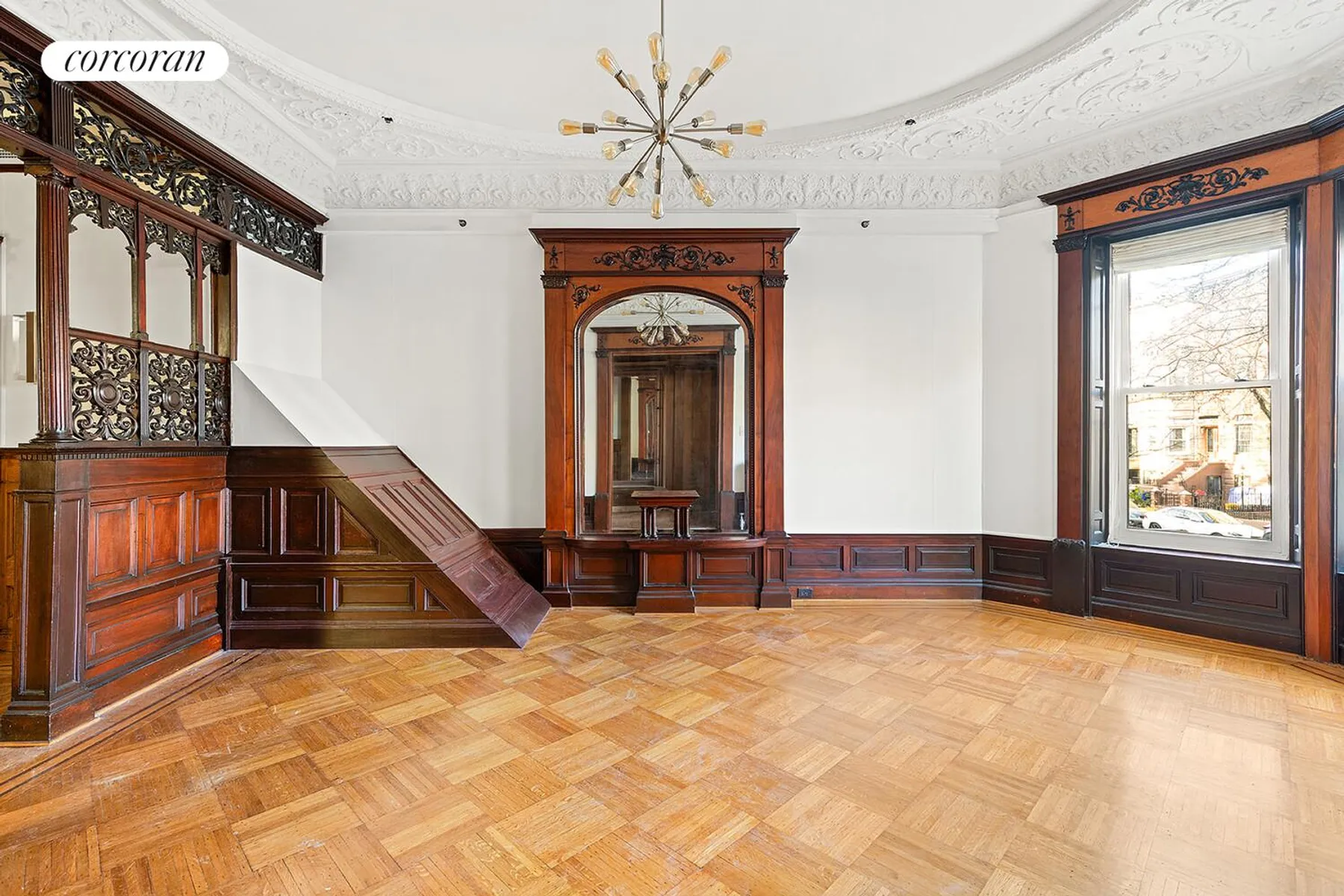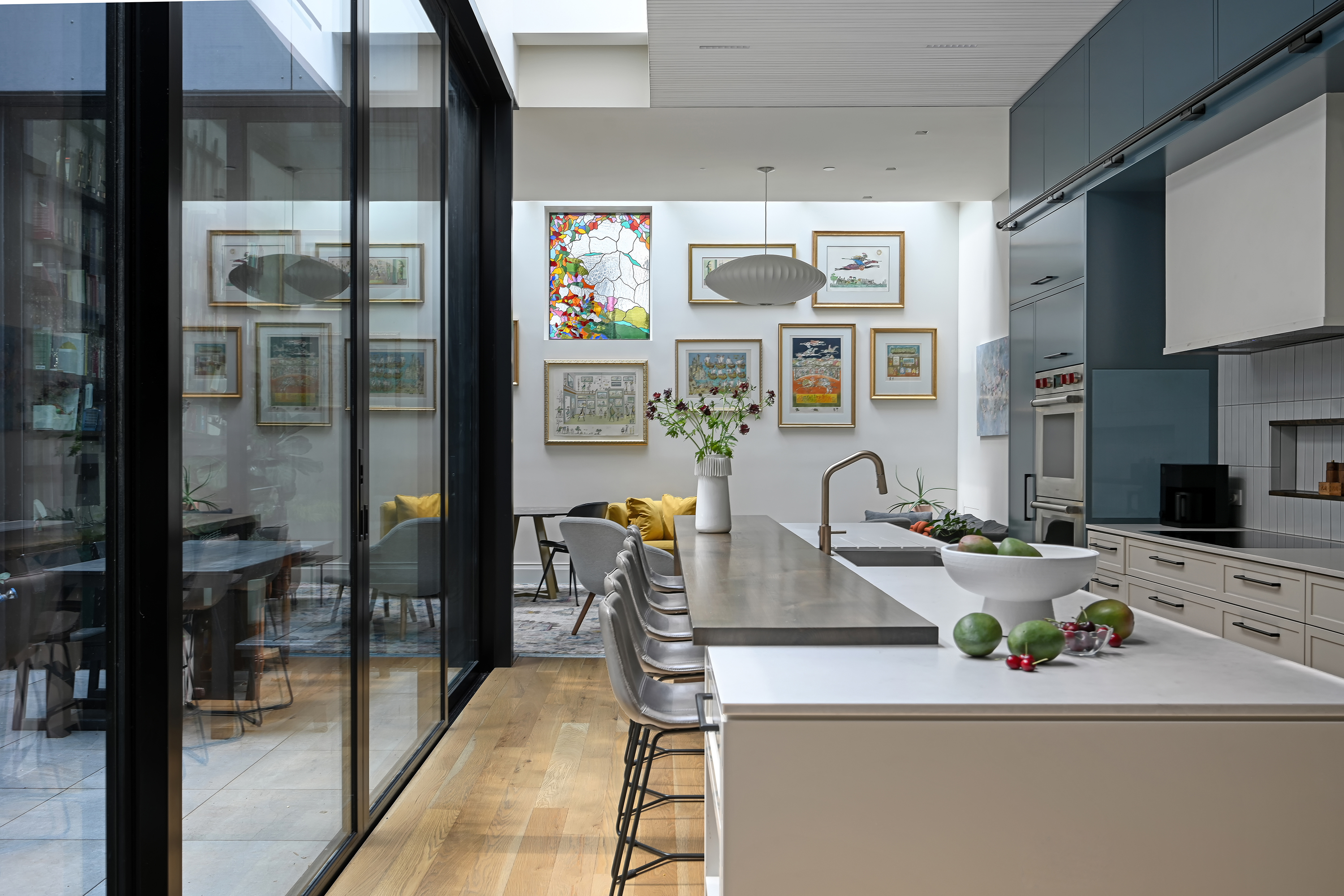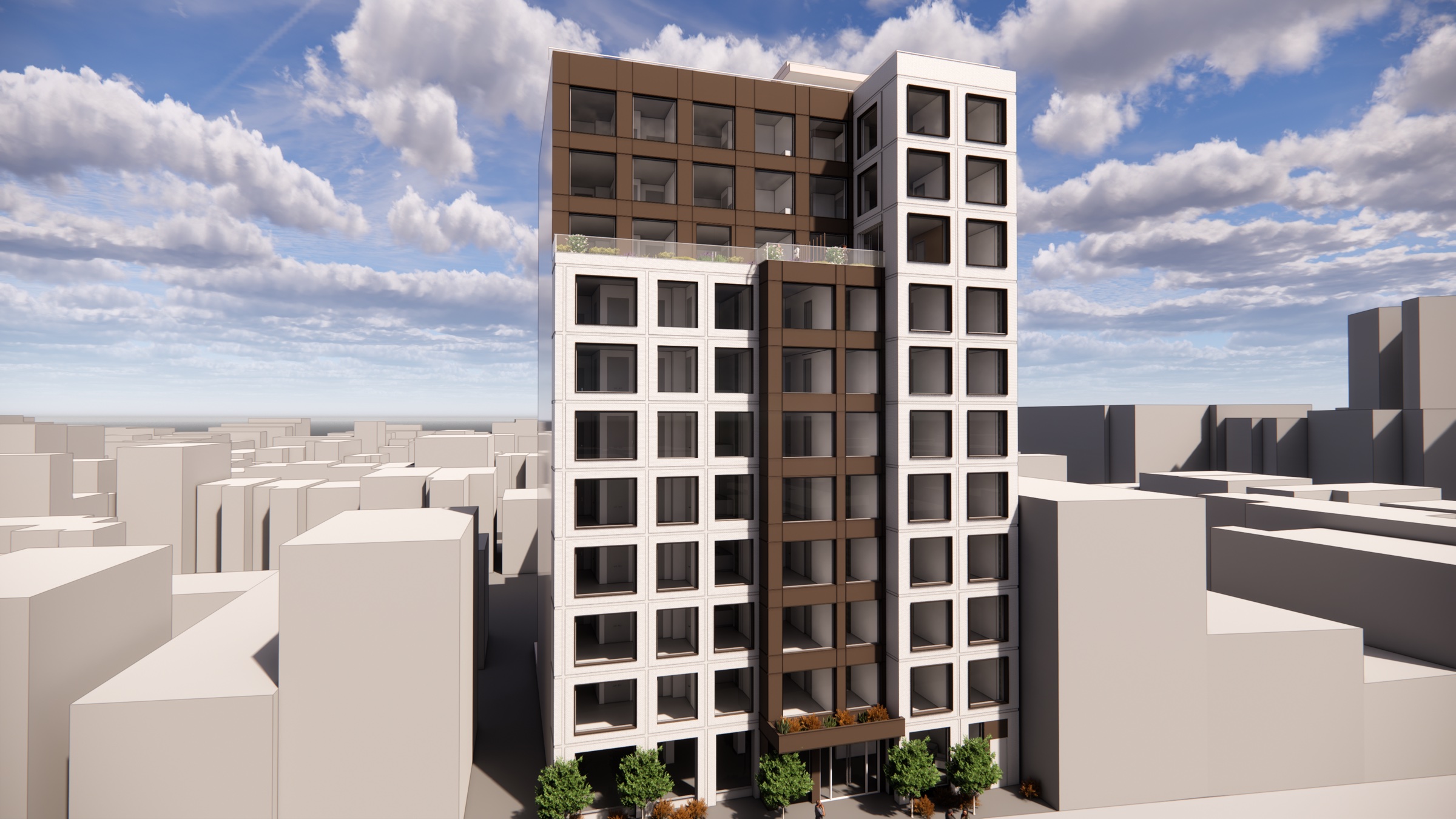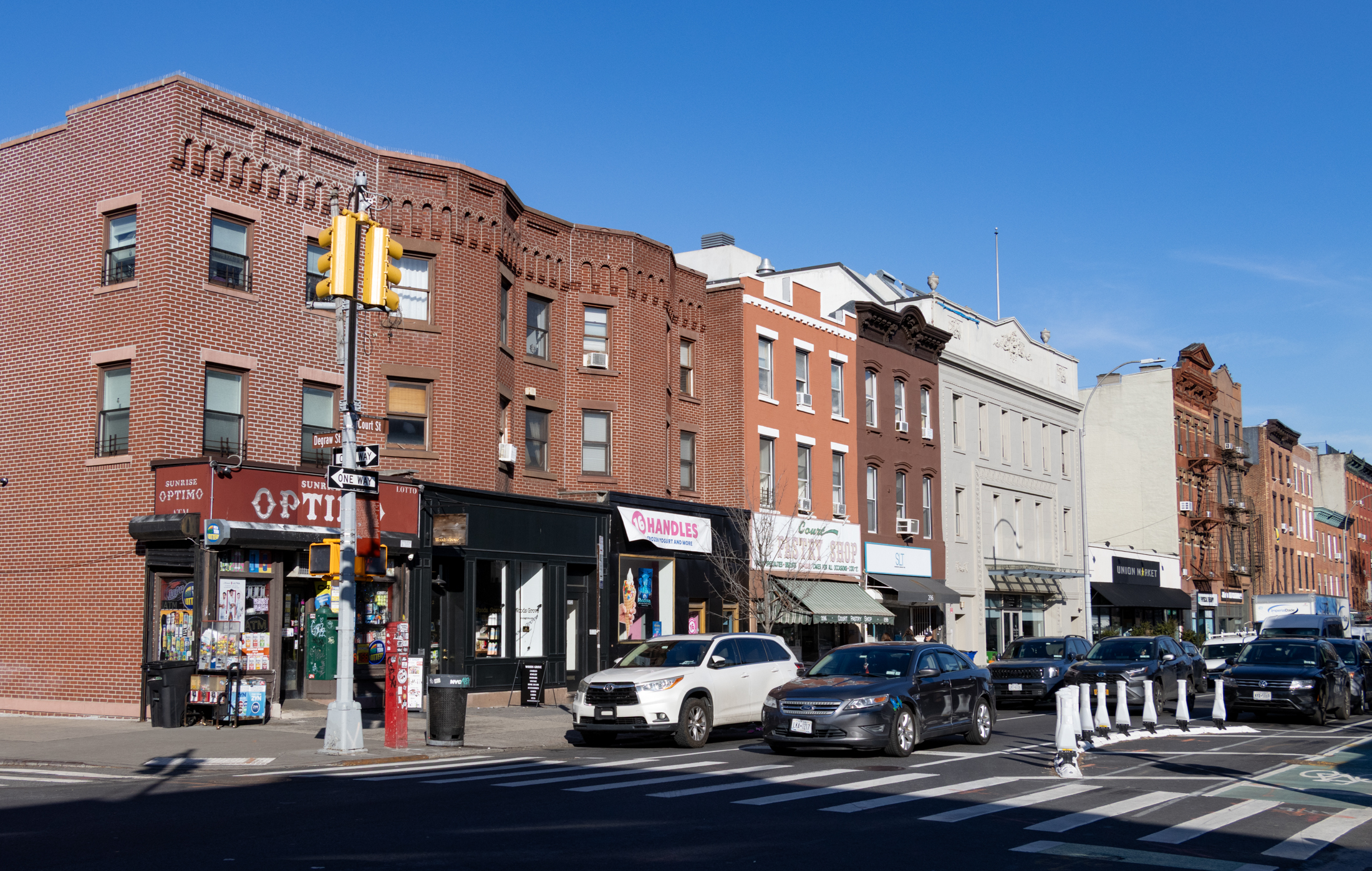Your House May Not Be Such a Great Bet After All
In this week’s New Yorker, James Surowiecki takes an axe to the myth that buying a house is always a great investment. The reliance on median home price as a barometer of the market is part of the problem. First of all, the statistic does not take into account the qualitative (e.g. central air) and…

 In this week’s New Yorker, James Surowiecki takes an axe to the myth that buying a house is always a great investment. The reliance on median home price as a barometer of the market is part of the problem. First of all, the statistic does not take into account the qualitative (e.g. central air) and quantitative (more square footage). Secondly, it ignores the corrosive effect of inflation on real returns. It also, doesn’t take into account non-financial incentives and rebates. Nor does it handle the problem of sample bias, whereby the inputs (i.e. sold homes) to the median calculation every year do not remain constant. “The idea that housing prices have nowhere to go but up is,” in Surowiecki’s words, “a statistical illusion.”
In this week’s New Yorker, James Surowiecki takes an axe to the myth that buying a house is always a great investment. The reliance on median home price as a barometer of the market is part of the problem. First of all, the statistic does not take into account the qualitative (e.g. central air) and quantitative (more square footage). Secondly, it ignores the corrosive effect of inflation on real returns. It also, doesn’t take into account non-financial incentives and rebates. Nor does it handle the problem of sample bias, whereby the inputs (i.e. sold homes) to the median calculation every year do not remain constant. “The idea that housing prices have nowhere to go but up is,” in Surowiecki’s words, “a statistical illusion.”
Safe As Houses? [New Yorker]





11:03, if your mom sold the brownstone and invested the money in stocks, how can you know she wouldn’t lose some or all of the principal in a market crash? I suppose she could buy low-interest bearing 30 year notes.
Maybe she could condo that brownstone, retain her apartment and sit back with some cash. If it’s paid for, there is also the reverse mortgage option that you might look into.
Your concerns are valid, but there are options…
>You can’t live in a 50-50 equity-debt portfolio, but
>you can’t eat a Brownstone.
Well, you sort of can. I can run the numbers – selling my house, paying the taxes on it, investing what’s left and buying a modest place in some retirement nirvana and living on interest / pension vs. buying a modest place in some retirement nirvana with whatever I can scrape together and renting out all 4 floors of the brownstone, and I still come out ahead keeping the house. So far, the rents – especially if I am not occupying an apartment – constitute a pretty decent year’s salary. No other thing I can put my money into provides that. And I can’t live in a bank account.
This is yet more blather from another source that no one should trust. (Trust your own instincts, everyone.)
On the other side of the coin we have CNN now proclaiming on their site that NYC is one of 5 “bubble-proof” markets. I wouldn’t trust them either.
I like owning, and am glad I purchased in Brooklyn. If the market crashes, I’ll still live, and won’t regret purchasing. I don’t want to live under the control of a landlord, and I like the “forced” savings I contribute each month to my mortgage payment. There is a risk in life to everything. The nail-biting about all of this stuff is a real waste of time, for me anyway. It doesn’t really facilitate buyers or sellers.
This article is right on point for the Brownstone buyer or owner. Brownstones are generally multifamily structures where the purchaser lives in a portion and holds the remainder as investment property.
The fiction of perpetually rising real property values makes Brownstone ownership appealing, but also leads to poorly diversified portfolios. My mother’s Park Slope brownstone, bought in 1974, is easily 2/3 of her current net worth. As a retiree, that’s and awful big bet on the real estate market. Sure, she rents to herself and has roof over her head, but her future standard of living relies on stable property values.
Baby boom buyers will offer their homes for sale in the coming years to fund their retirement. Many of these folks are relying on high prices for a secure retirement. You can’t live in a 50-50 equity-debt portfolio, but you can’t eat a Brownstone.
You are more leveraged than daytraders, but the volatility of housing is _much_ lower — your house doesn’t have 2% daily vol.
Anonymous one here –
“because of the way the NYC computes and caps property taxes our home value would have to decline by something like 80% before we’d have a shot at arguing that our taxes should be lowered.”
Actually, I suppose the idea of lower property taxes only works in the ‘burbs – you folks in NYC pay such low taxes that they are barely a consideration. It becomes much more of an issue in places like Westchester, where they can be 20K on a 700K house.
10:28, sounds like your taking on a highly leveraged bet that RE prices never go down. Leverage is great when it works in your favor ie appreciating assets. But there is nothing worse that holding on to a highly leveraged depreciation asset.
Overnight margin requirements are 50% and day trading margin requirements are 25%. At 20% down, your are more leveraged than daytraders.
I think Brownstoner keeps on publishing these type of articles because they drum up traffic. Everybody wants to post a comment and then read all of the comments that are posted afterwards.
I would love to see articles on development and architecture and neighborhoods and all of the positives on Brownstone Brooklyn.
The other thing that this article fails to mention is that the loan incentives (low interest rates to borrow a very large amount of money, huge tax incentives) make home ownership much more attractive than other investments. For instance if you want to get an 8% return on your investment than you would expect it to double in 8 years. But what have you invested? Only 20% down max on your purchase probably unless you are trust fund kid or rolling profits from another sale. So you are getting a huge gain because you are getting your gain primarily on borrowed money. Not many investment advisors out there suggesting that people should go out and borrow on margin from some investment house to get in to say, the futures market on wheat are there? That’s because housing is a much more stabile market and as the poster above said you actually get to live there. And that also should be measured against rent increases during the same defined period to really weigh that issue properly and I guess the author forgot to do that.